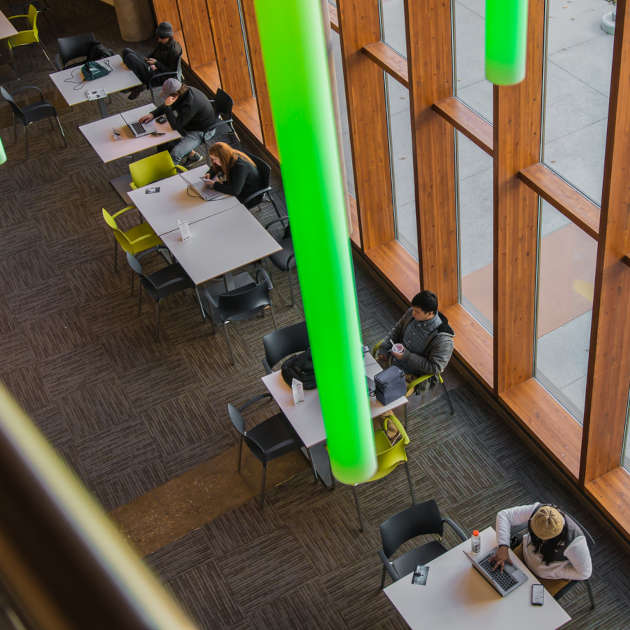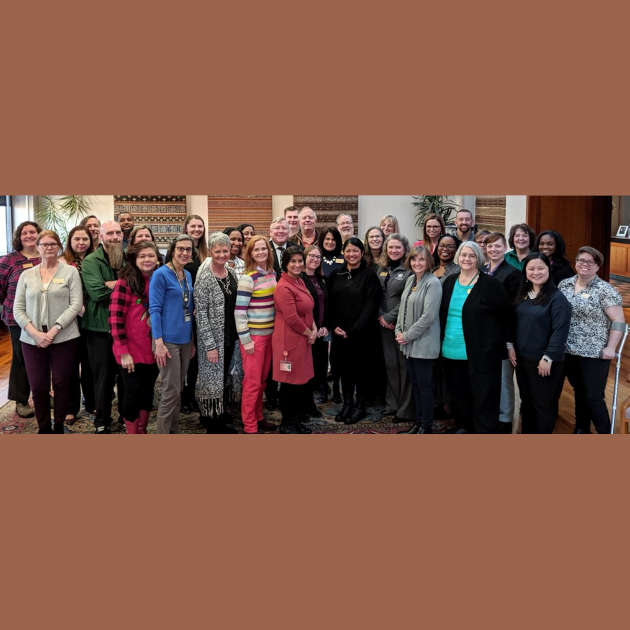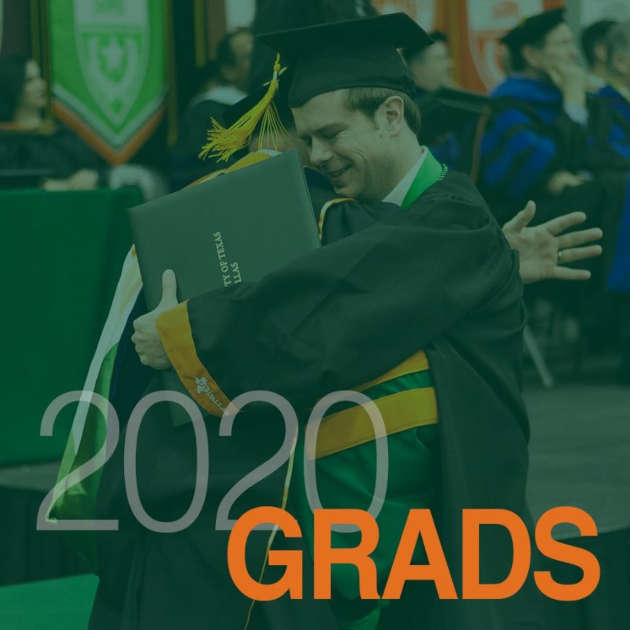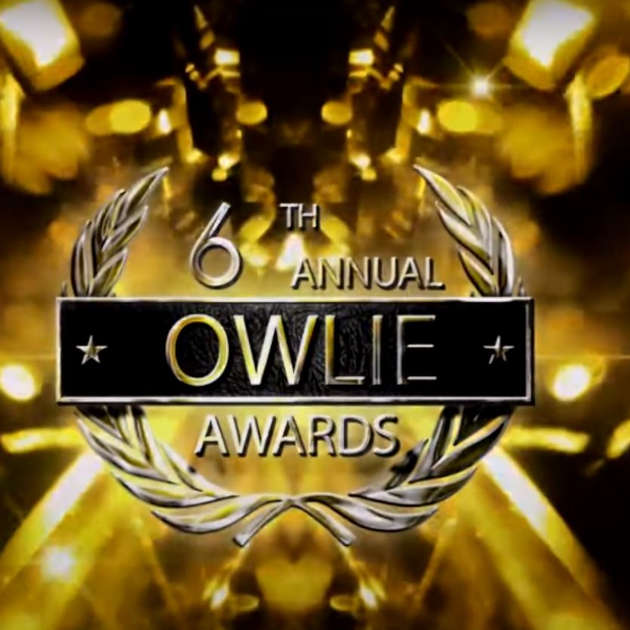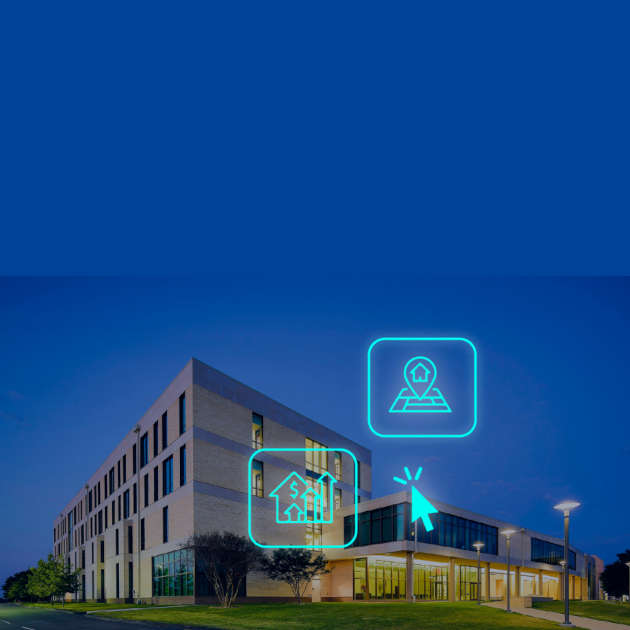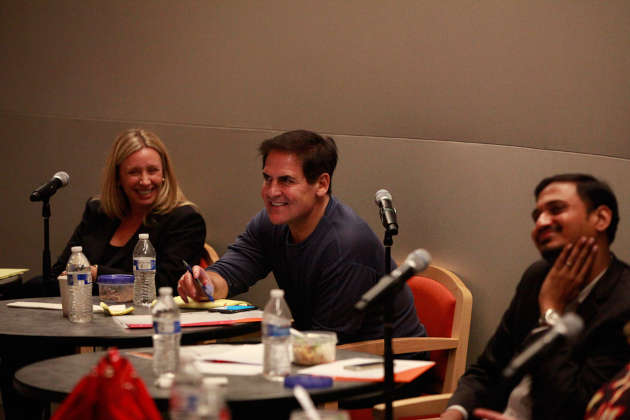
The winning ventures of the UT Dallas version of “Shark Tank,” the 2015 Business Idea Competition, used technology, one to improve efficiencies in the transport industry and the other to create a more connected home, vehicle and entertainment center.
The Final Pitch event of the competition on Nov. 20 featured the top six teams, winnowed from an original field of 100. Three undergraduate and three graduate teams made their presentations to an audience that filled the auditorium of the Edith O’Donnell Arts and Technology Lecture Hall and to four “celebrity judges.
The judges included ABC show “Shark Tank” judge Mark Cuban; Eve Mayor, founder and CEO of Social Media Delivered; Lea Nesbit, CEO and co-founder of Natural Dental Implants Inc.; and Swapnil Bora, a Jindal School MBA 2011 alumnus, past winner of the Business Idea Competition and co-founder and CTO of iLumi.
The top three finalists in the graduate division were all teams made up of Jindal School students.
Executive MBA and MS in Innovation and Entrepreneurship students Kiran Devaprasad and William White developed a geo-location service, TraceIt, for the transport industry to bring in the top prize in the graduate division. First place in the undergraduate division went to Erik Jonsson School of Engineering and Computer Science freshman Raviteja Lingineni, who created WeBe, a platform that weaves the Internet of Things together using a universal standard communications protocol.
TraceIt is a technology solution that tracks and reports the location of drivers transporting new vehicles from the manufacturer to the dealership where they will be sold.
According to Devaprasad, a typical transport company moves around 60,000 loads each year, using about 250 drivers. Because the dealers want to know when to expect their vehicles, the transporters must use dispatchers, who spend about 32 man hours daily, at an annual cost of about $350,000 trying to track the drivers.
Location-management software is loaded on the driver’s smartphone, and using geo location, provides up-to-the-minute location information through secure cloud-based infrastructure. The team estimates cost to run around $180,000 a year, a 50 percent internal operational cost savings for their clients.
“This, in turn, increases not only their internal customer satisfaction, but customer satisfaction for all of their external customers as well—the dealers and the manufacturers,” White said.
WeBe enables smart devices across the Internet of Things to communicate with each other, such as refrigerators communicating with the home thermostat, a retail outlet recognizing a consumer’s preferences or vehicles mirror positions automatically adjusting to the driver. The system utilizes proprietary embedded technology and a cloud-based system’s architecture.
Cuban had advice for all of the budding entrepreneurs: “Realize that there are people competing with you and you’re going to have to go out there and do the work in order to be successful. So one simple message: Ideas are easy, doing the work is hard. You have to do the work.”
2015 Business Idea Competition Winners
Graduate Division
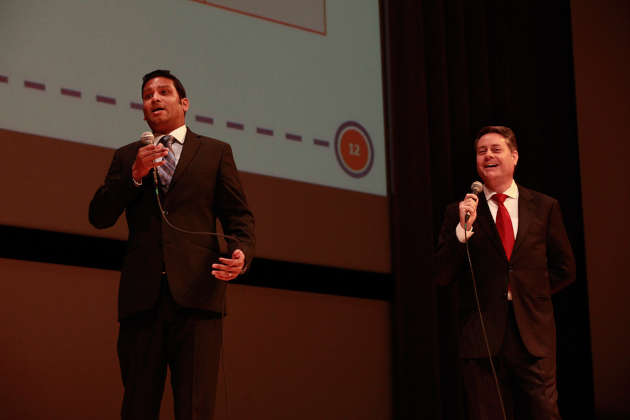
TraceIt— Kiran Devaprasad and William White, both Executive MBA and MS in Innovation and Entrepreneurship students. Business idea: a geo-location service for the transport industry.
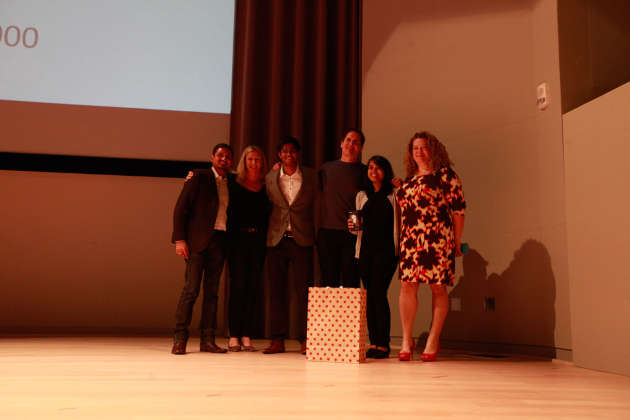
Dosawala @ UTD— (Left to right) Swapnil Bora, Lea Nesbit, MS in Information Technology and Management (MS ITM) student Pavan Kumar Kanteti, Mark Cuban, MS ITM student Ritu Pandey and Eve Mayor. Business idea: food truck serving Indian food on the UT Dallas campus.
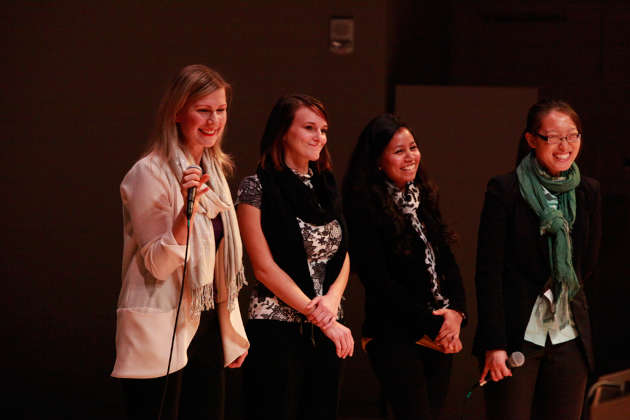
TravelHop— (Left to right) MBA/MS Accounting student Olia Bosovik, MS in Innovation and Entrepreneurship student Jeanne Whitesides, MS in Information Technology and Management student Neha Kashyap and MS in Innovation and Entrepreneurship student Chiao Chang. Business idea: budget-focused travel site.
Undergraduate Division
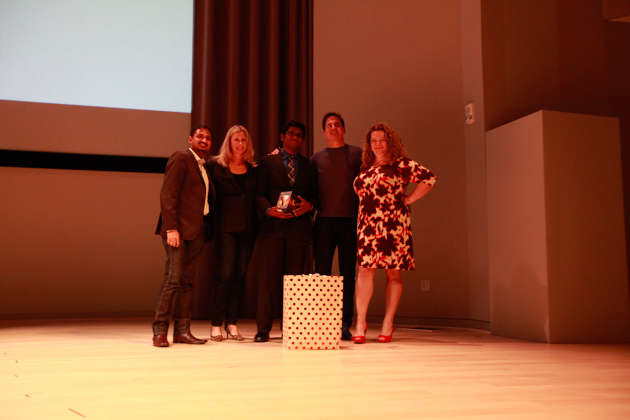
WeBe— (Left to right) Swapnil Bora, Lea Nesbit, computer science student Raviteja Lingineni, Mark Cuban and Eve Mayor. Business idea: a platform that weaves the Internet of Things together using a universal standard communications protocol.
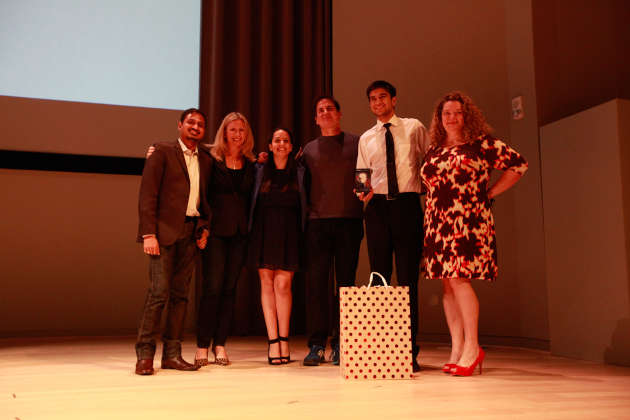
ClassBuds— (Left to right) Swapnil Bora, Lea Nesbit, finance student Noa Barazani, Mark Cuban, computer science student Anshul Pandey and Eve Mayor. Business idea: a mobile app to improve and promote student interaction at universities and high schools.
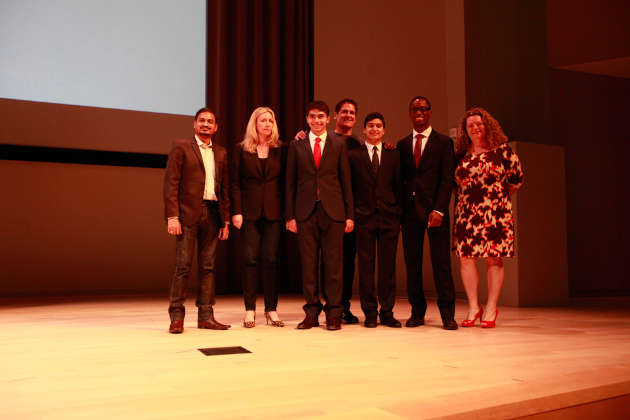
Torus— (Left to right) Swapnil Bora, Lea Nesbit, mechanical engineering student Christian Cortes, Mark Cuban, computer science student Jai Ghanekar, electrical engineering student Hans Ajieren and Eve Mayor. Business idea: a platform that combines sensors and an app to deliver a parking solution at crowded parking lots at universities and shopping malls.

